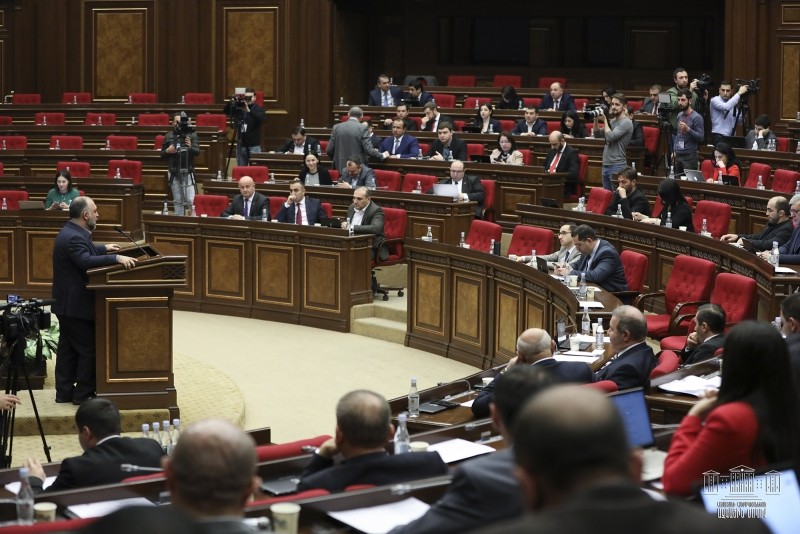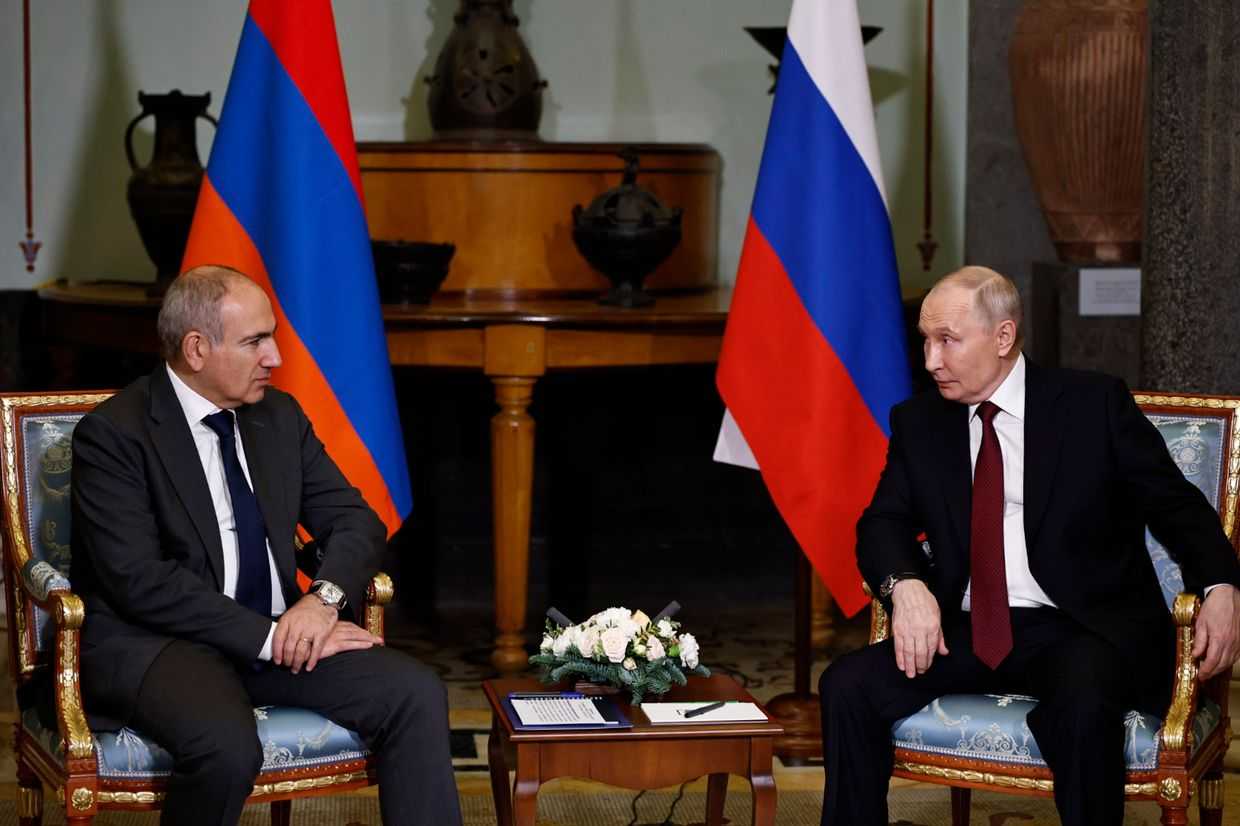
Armenia’s National Assembly has voted in favour of a new draft law that would allow the state to confiscate ‘illegal’ property from individuals under investigation for a crime if it is proven that the difference between the value of their property and their declared income over time is more than ֏25 million ($52,000).
The vote took place on 5 March. Another vote must still take place before the draft law becomes active legislation.
The new law, titled ‘Confiscation of Illegal Property,’ was drafted by the Ministry of Justice and includes mechanisms that would make it possible to confiscate illegally obtained property from individuals indicted on criminal charges whether they are proven guilty or not.
For the moment Armenian legislation makes the confiscation of illegal property possible only when the property had been obtained for the purposes of committing a crime or as the result of a crime the suspect was convicted in.
Under the new law, if an individual is indicted for a crime relating to corruption and law enforcement agencies discover a difference of the ֏25 million ($50,000) or greater between their declared income over time (from any legal source, including gambling) and the total value of the property they hold, then a new civil case can be opened.
Property can be confiscated through this civil case.
The property held by individuals indicted in criminal cases on corruption, trafficking, illegal weapons, extortion, money laundering, terrorism or abuse of power will be investigated even in cases where the suspect was not proven guilty, the trial was dismissed, had passed the statute of limitations or when trials cannot take place due to state amnesty, or the defendant has died, among others.
The draft law was presented to the National Assembly by the Minister of Justice, Rustam Badasyan.
During the parliamentary hearing of the draft law on March 4, Badasyan explained that former and present officials indicted for corruption charges, money laundering, and members of criminal organisations are the main targets of this law.
‘However, any assumption that property was obtained illegally can be denied if the defendant can bring forward evidence supporting the legal acquisition of said property’, the Minister said.
Anyone who has not been criminally charged will not be subject to this new law.
Remittances excluded
Badasyan guaranteed that property acquired through remittances will not be confiscated through this law. Money sent from abroad, even in the absence of documents attesting to its origins will not be subject to this law.
‘This draft law has nothing to do with remittances’, Badasyan explained during the hearing on 4 March. ‘It is for returning money stolen from the state and to prevent it from happening again in the future.’
Badasyan also talked about cases where an individual has acquired property that was illegally obtained before the purchase and without their knowledge.
‘For example, if a property has been acquired which was initially illegally obtained, then the property will not be confiscated’, Badasyan said. ‘Instead, the value of that property will be confiscated from the person who acquired that property illegally in the first place.’
Cases of illegal property confiscation will be under the jurisdiction of the General Prosecutor’s Office. Accordingly, a special department will be created within the Office that will investigate if a property was obtained illegally or not.
Reactions from the opposition
During the hearing the two parliamentary opposition factions, Prosperous Armenia and Bright Armenia expressed reservations about the law.
Bright Armenia Head Edmon Marukyan stated that certain guarantees need to be established that would ensure the law not being used as a political tool and would prevent innocent people from being convicted.
Marukyan also stated that former high officials are now successful business people, and representatives of the current regime often take part in events and receptions organized by these same business people.
‘Will the source of their millions also be inspected?’ asked Marukyan.
Bright Armenia eventually voted for the draft law, however, stated it would give recommendations before the final hearing.
Prosperous Armenia abstained from the vote and their MP, Arman Abovyan, announced that they plan to give recommendations on the law and announce their position during the second and final vote.
The second hearing will take place at a later date.









